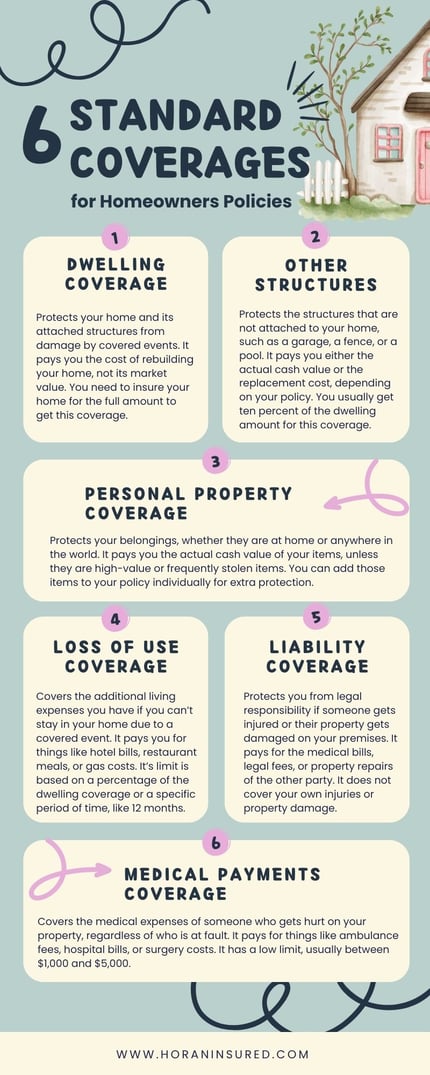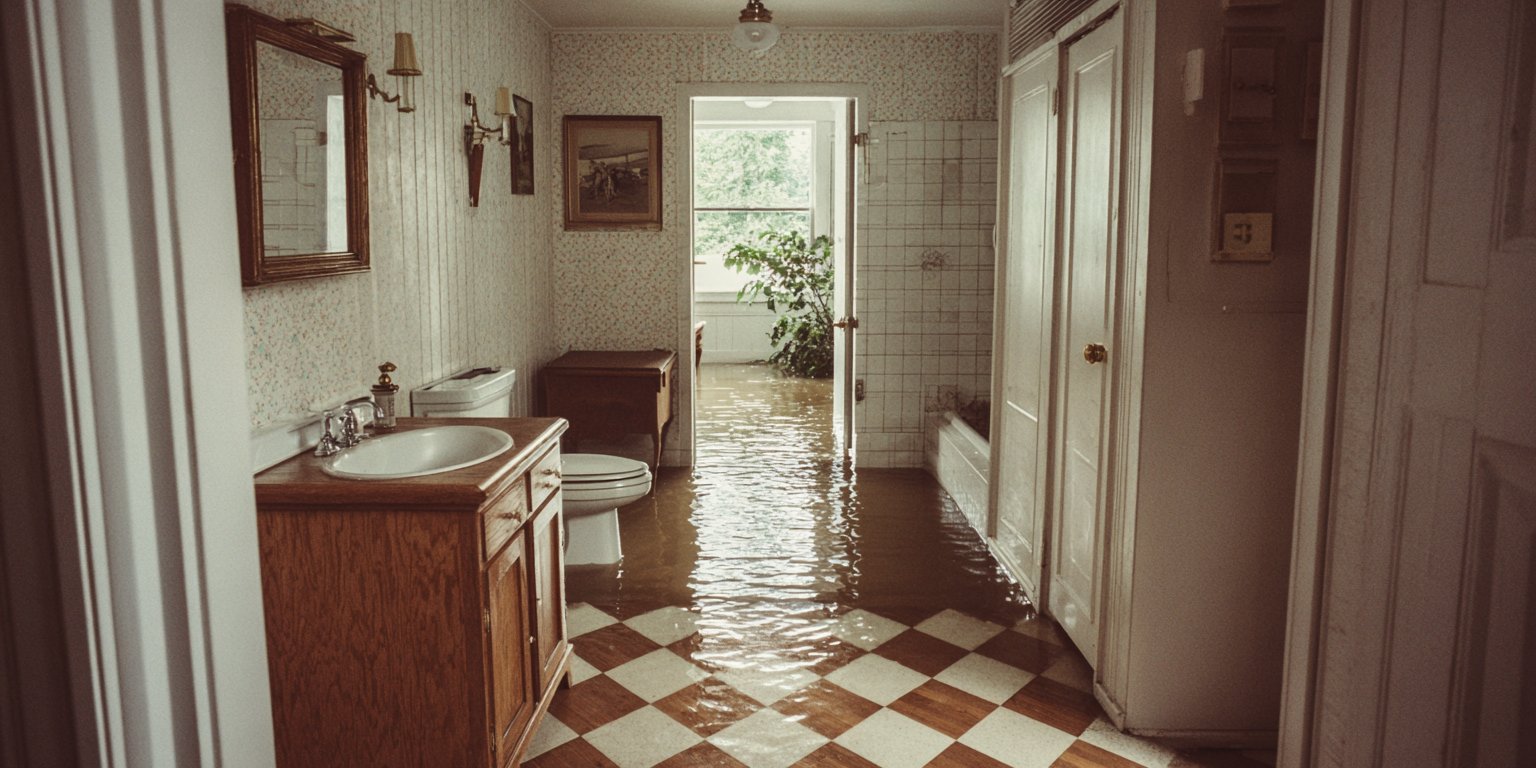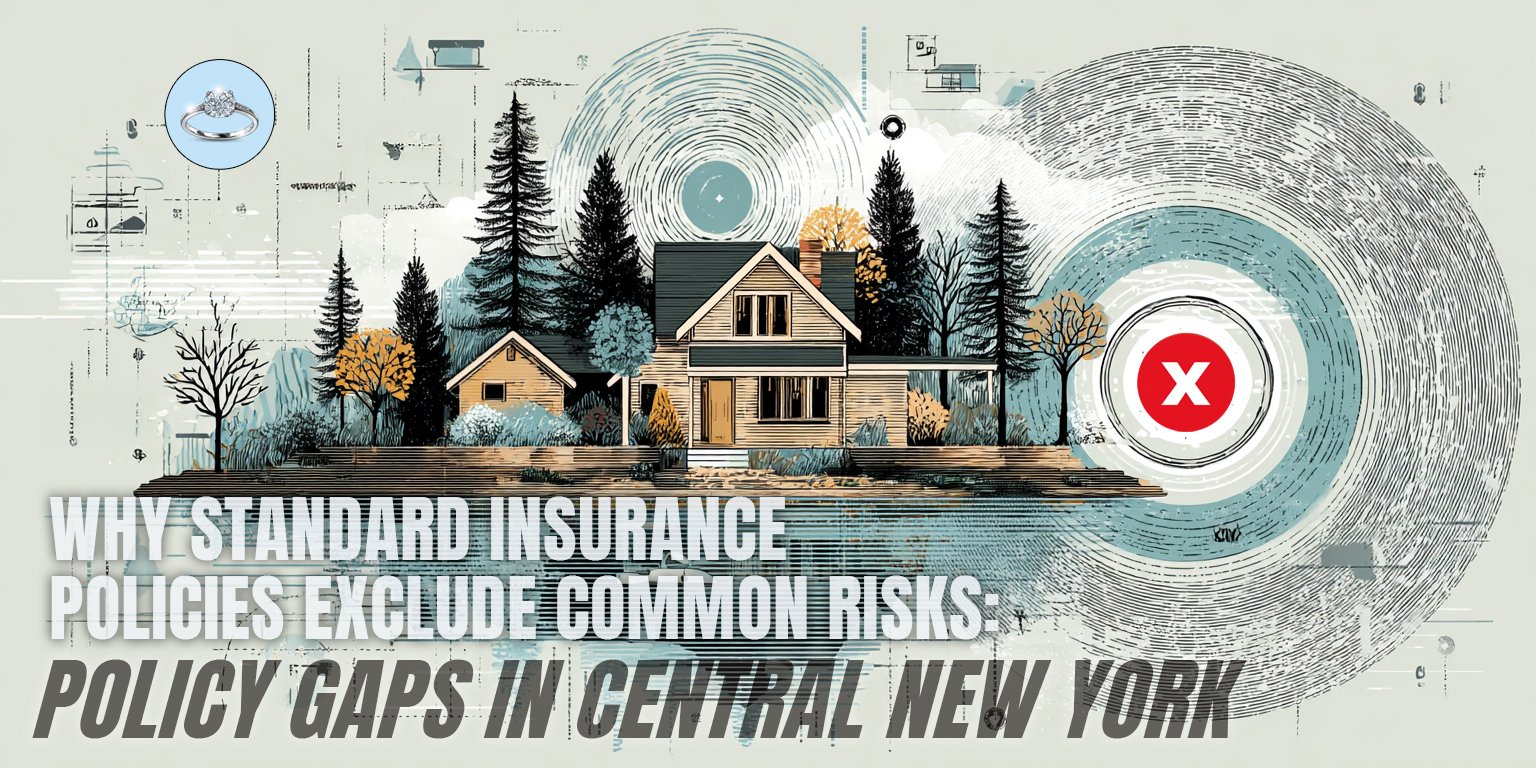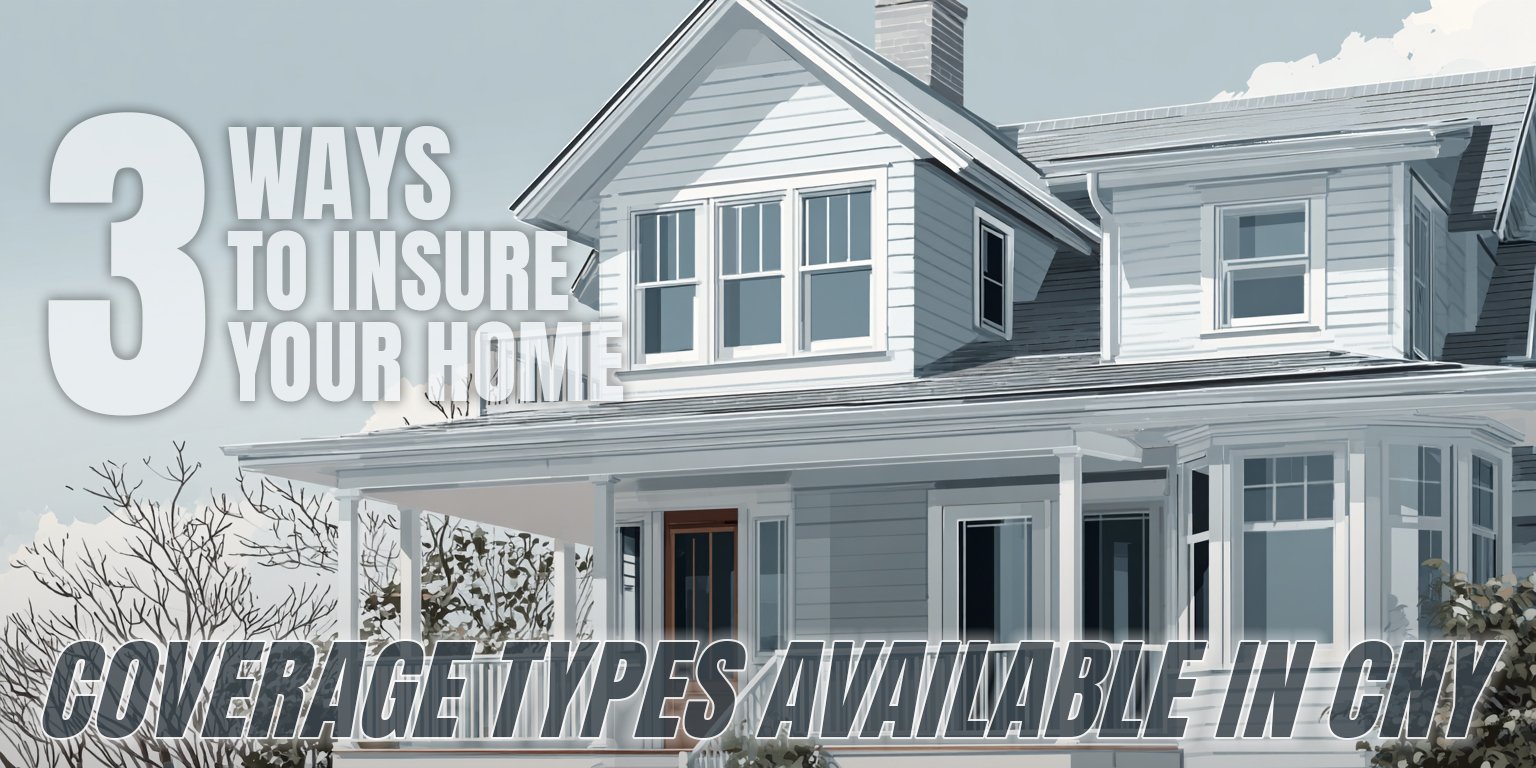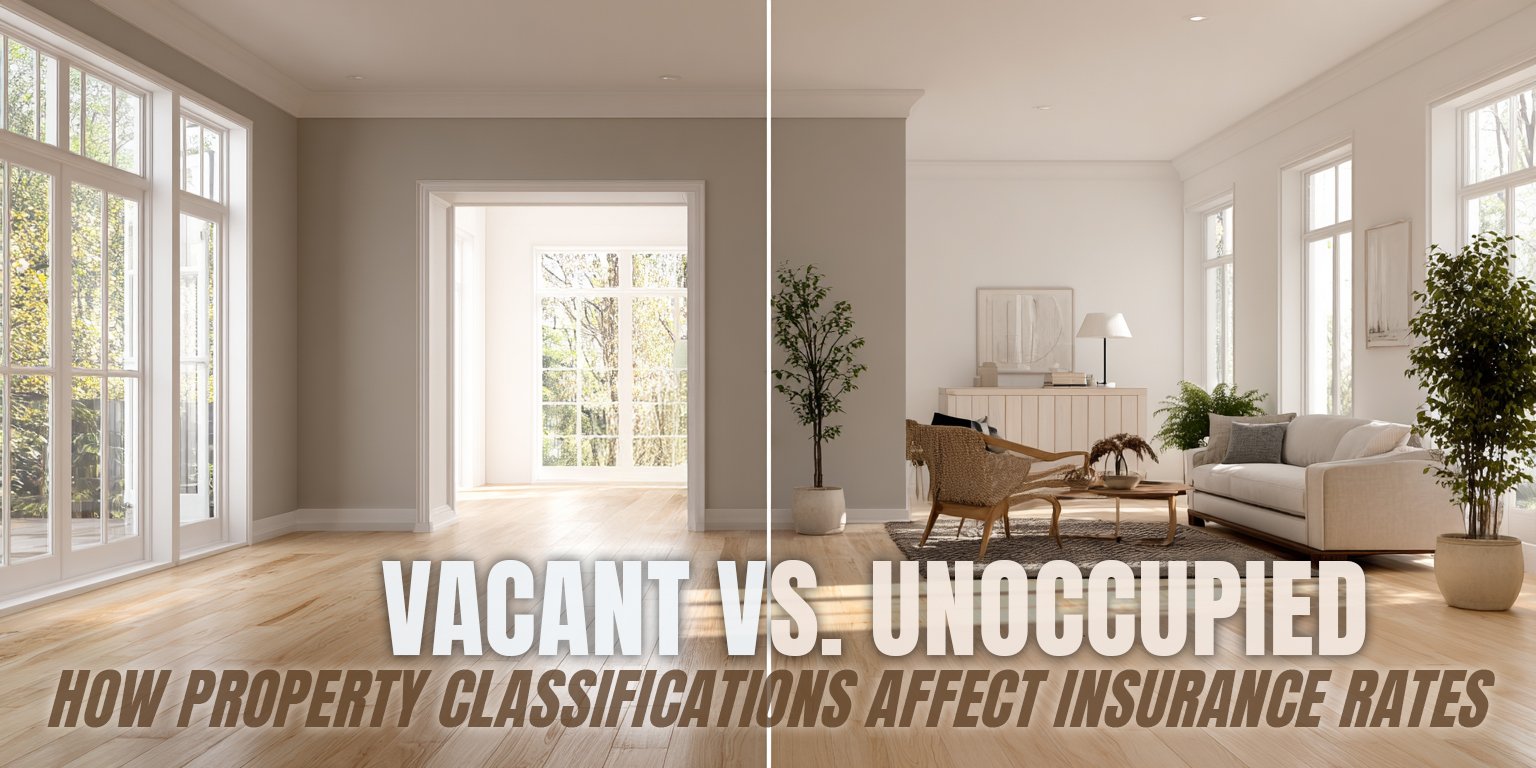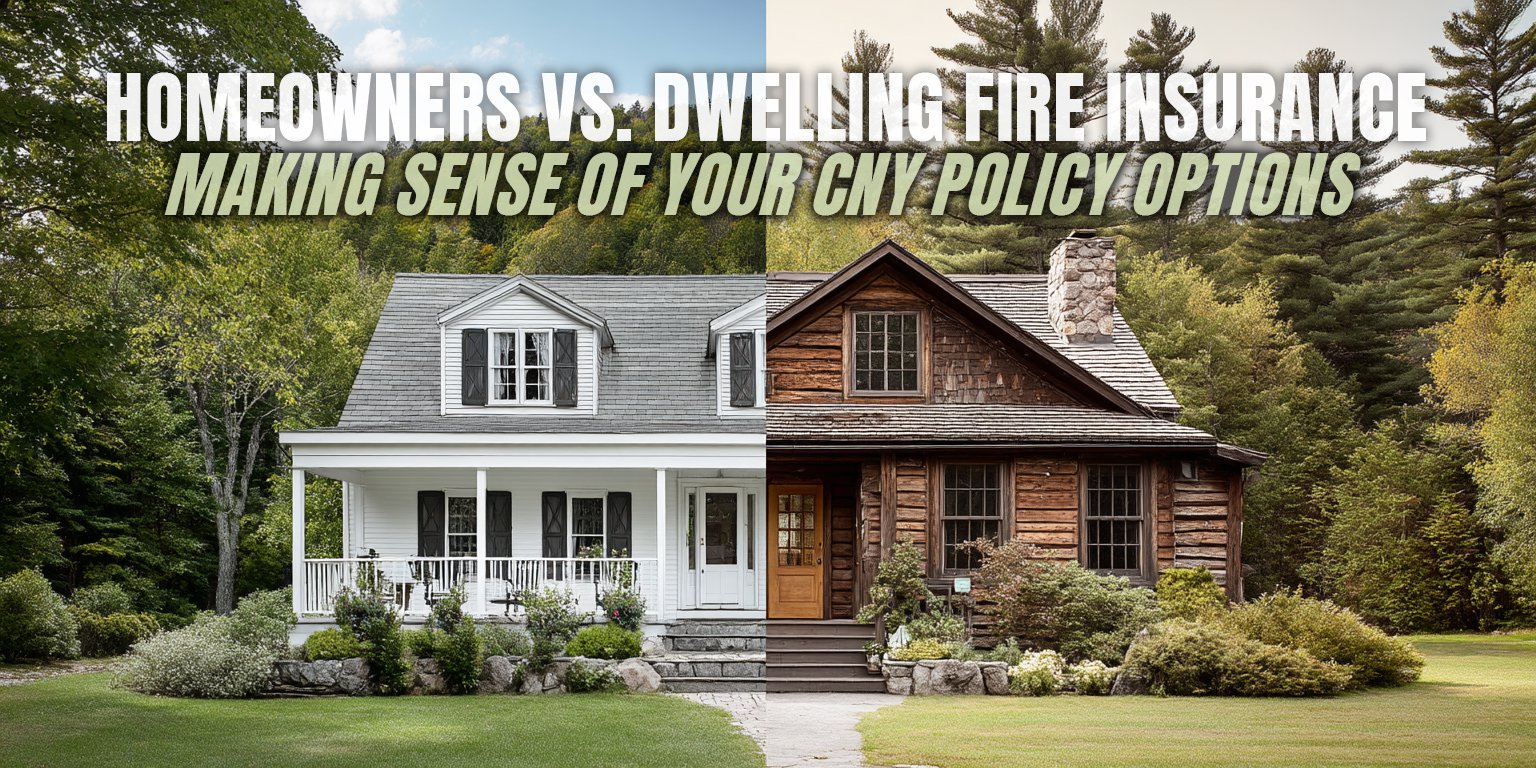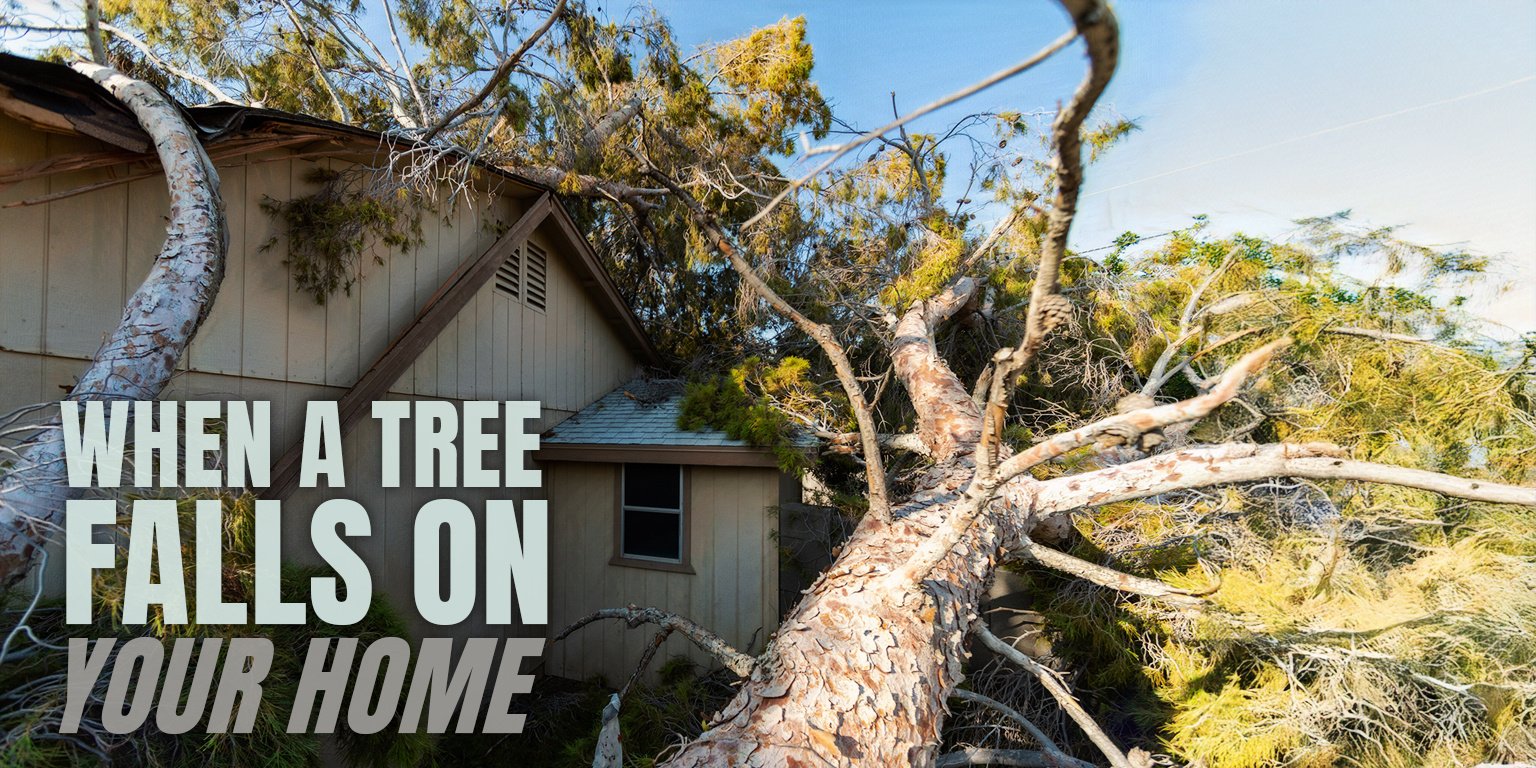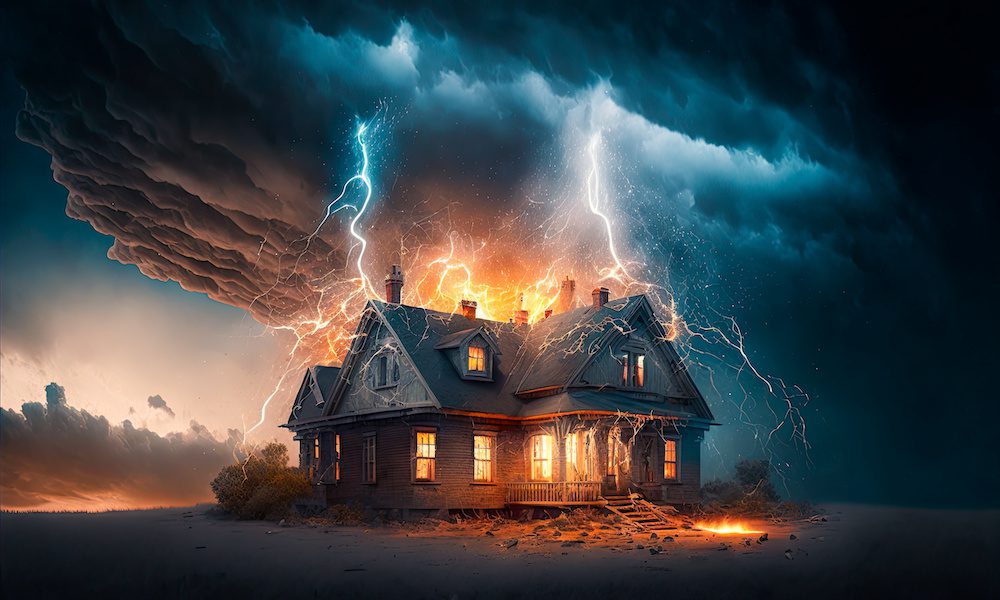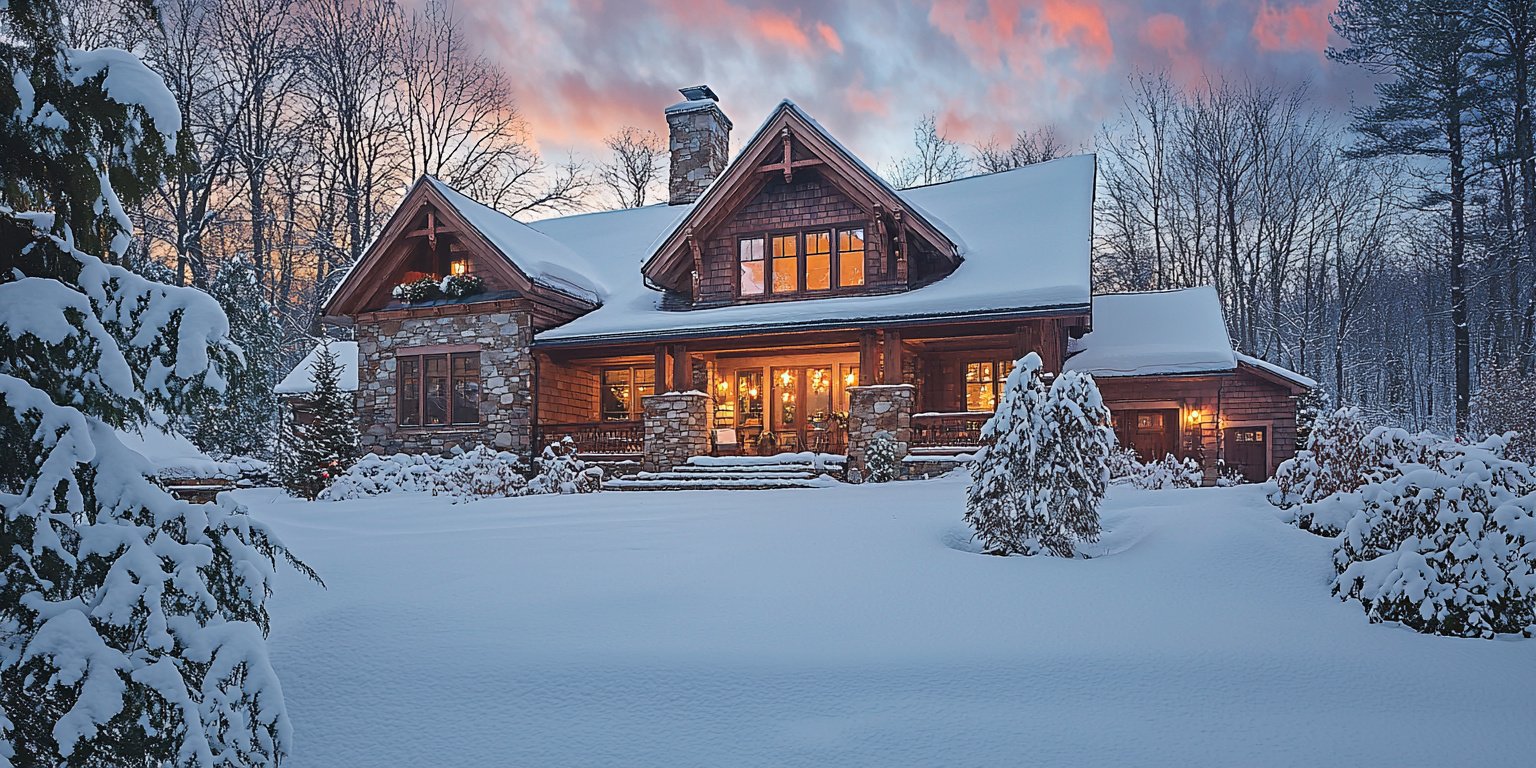A Comprehensive Horan Guide to Homeowners Insurance
August 17th, 2022
17 min read
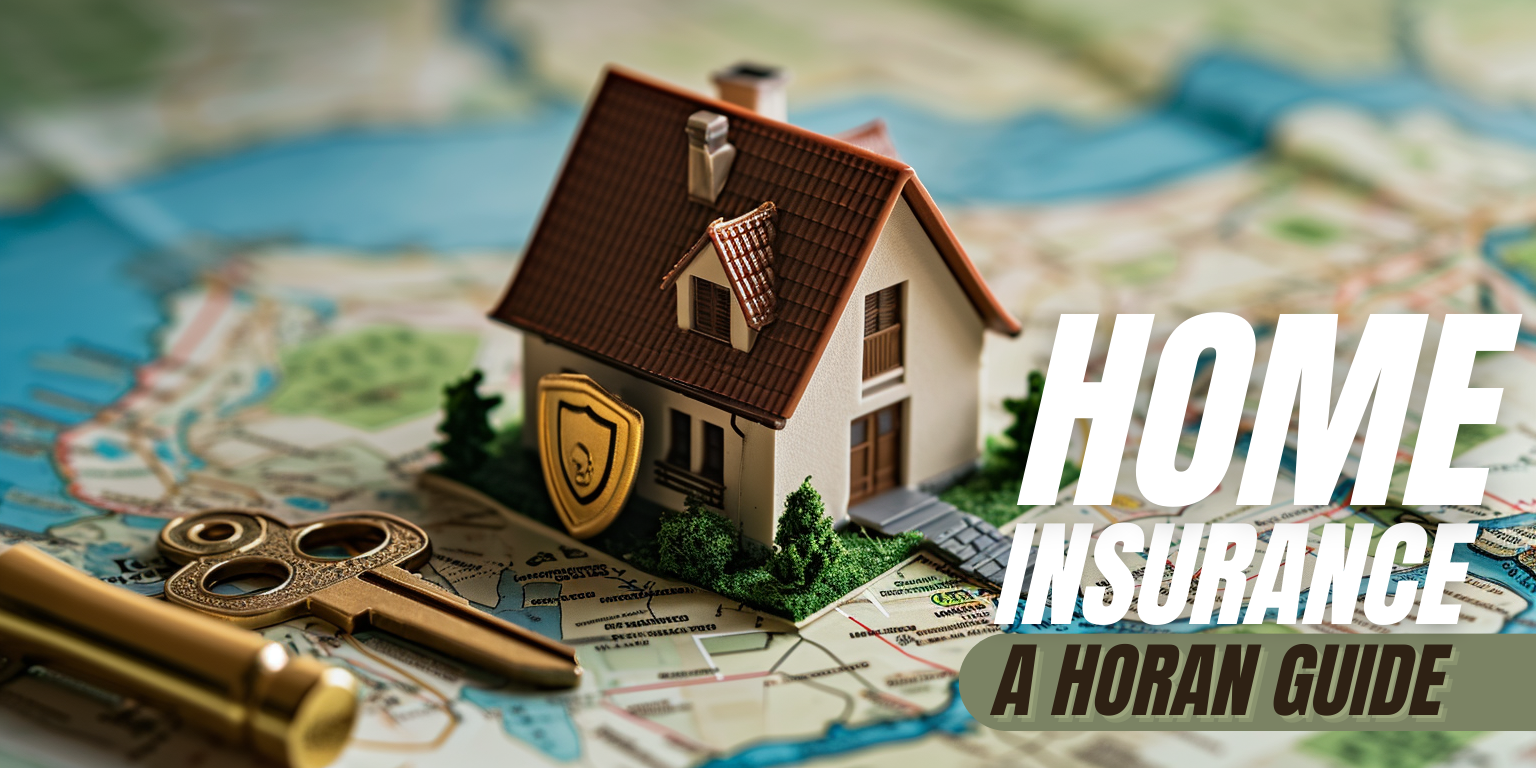
Buying a home is one of the biggest decisions you will ever make. You want to protect your investment and your family from any unexpected events that could damage your property or cause you financial loss. But how do you find the right homeowners insurance policy for your lifestyle?
Homeowners insurance can be confusing and overwhelming. There are so many types, coverages, discounts, and exclusions to consider. You might not know what you need, what you don’t need, or what you can afford. You might feel frustrated, anxious, or lost.
That’s why you need a trusted expert who can help you navigate the complex world of homeowners insurance. You need someone who can explain everything in simple terms, compare different options, and find the best deal for you.
You need Horan.
We’re an independent insurance agency in Central New York, and have been serving our community since 2009. We work with multiple insurance companies who offer comprehensive homeowners policies that can be tailored to you.
In this article, we will share with you everything you need to know about homeowners insurance. We will cover:
- The different types of policies and what they cover
- The common events that are not covered by your policy and how to protect yourself from them
- The information you need to provide to the insurance company and how it affects your rate
- The discounts you can get on your policy and how to qualify for them
- The reasons why you might be denied a policy and how to avoid that
- The different types of insurance providers and how to choose the best one for you
By the end of this article, you should have a clear understanding of homeowners insurance and how a policy can be tailored to your lifestyle.
Jump to Article Section
- Different Types of Homeowners Policies
- Types of Homeowners Policies
- How to Value Your Home and Personal Property
- What is Not Covered by These Policies?
- What Is Included in Most Homeowners Policies?
- Liability Coverage
- Do You Need Homeowners Insurance?
- What Information Do You Need to Get Homeowners Insurance?
- Home Insurance Discounts
- Home Insurance Eligibility and Denial
- How to Choose an Insurance Provider for Your Home?
- Get a Homeowners Insurance Policy That’s Made for You
Different Types of Homeowners Policies
Homeowners policies are not all the same. Some are more comprehensive than others. You should know what to look for when you compare insurance options from different carriers.
You might need different types of coverage depending on your situation. For example:
- If you’re building a new home
- If you inherited an old home
- If you own a condo
- If you rent an apartment
A standard homeowners policy covers up to four units, as long as you live in one of them. It can also cover home sharing, like Airbnb, if you use your home as your main residence. If you have a second home or a vacation home, you might need a different policy. You can read more about that in the article “Does Home Insurance Cover a Second Home?”
We’ll list some of the types of policies and links to articles for each one below. We’ll also explain the most common type of policy for an owner-occupied home.
Types of Homeowners Policies
There are different types of policies for different types of homes. You should know what each one covers and what it does not. Here are some of the main types of policies:
- Dwelling policy: This policy only covers a few events, such as fire, explosion, and lightning. It does not include liability coverage. It’s better than nothing, but not very common. You can choose to have your home and your belongings valued at replacement cost, which means you get the full amount to replace them if they’re damaged.
- Homeowners “broad form”: This policy covers more events, such as frozen pipes and snow damage. It usually values your home and your belongings at replacement cost. It also includes liability coverage, which protects you if someone sues you for injury or property damage.
- Homeowners “special form”: This policy covers almost everything, except what is specifically excluded. Some exclusions are wear and tear, mold, flood, and others. This policy is also called “all-risk” coverage. It covers your home for all risks, but your belongings only for some risks. You can add a rider to cover your belongings for all risks too. We recommend doing that, because it is not worth the hassle if you lose your belongings and can’t replace them. This policy also includes liability coverage, like the previous one.
- Homeowners “comprehensive form”: This policy covers everything, unless it’s excluded. It covers your home and your belongings for all risks automatically, without needing a rider. It also includes liability coverage. We think this policy is the best for most homeowners. It might have some minor differences depending on the insurance company, but we can help you with that if you have questions. You can also read more about it in the article “Homeowners Insurance Explained: The Big 6 Coverages and How They Work.”
- Condo policy: This policy is for condo owners. You don’t need to cover the whole building, just your part of it. For example, you might own a Jefferson Street condo in Syracuse and need to cover everything inside the walls, like cabinets, carpets, appliances, etc. The building owner would cover the rest. You can have your belongings valued at replacement cost, which we strongly suggest. You also get liability coverage with this policy. Learn more about condo insurance.
- Townhouse policy: This policy is for townhouse owners who own both the interior and exterior of their unit. You need to cover the entire structure of your home, including the roof, walls, floors, etc. You can choose between replacement cost or actual cash value for your home and your belongings, depending on your preference and budget. You also get liability coverage with this policy, which can protect you from lawsuits if someone gets hurt on your property or you cause damage to someone else’s property. Learn more about townhouse insurance.
- Mobile home policy: This policy is for homes that are made off-site and towed to the location, like the Lyndon Lawn Mobile Park in Central Square. They do not have a foundation. This policy can be useful for older mobile homes, because you don’t have to upgrade the wiring or appliances. It covers your home and your belongings for some events, such as fire, explosion, and lightning. It values your home and your belongings at actual cash value, which means you get the amount they are worth at the time of the damage. It also includes liability coverage, which protects you if someone sues you for injury or property damage.
How to Value Your Home and Personal Property
You should know how insurance companies value your home and your personal property. There are two ways they do that: actual cash value (ACV) and replacement value.
- ACV is the value of something today, based on its condition and age. It is not the same as the cost to replace it. For example, you bought a plasma TV for $5,000 ten years ago. If it is worth $500 today and it gets damaged in a fire, you’ll get $500. That is the ACV. That is not enough to buy a new TV.
- Replacement value is the cost to replace something with a new one. For example, if your 8K TV gets damaged in a fire, you will get a new 8K TV. It might cost less than $5,000 today, but you’ll still get a new TV. That is the replacement value. That is better than ACV.
Learn more by reading our article, “The Difference Between Replacement Cost and Actual Cash Value Coverage and Why It Matters for Your Property and Belongings.”
What is Not Covered by These Policies?
You should also know what these policies do not cover. There are some events that are excluded from all types of policies. Here is a list of some of them.
Flood
A flood is when water covers two or more acres of land or two or more properties, at least one of which is yours. It doesn’t matter how big or small the area is. If water pools in your yard and your neighbor’s yard, that is a flood.
Your homeowner’s policy will not cover any damage from a flood. You need to buy a separate flood policy. You can get more information from the FEMA Flood Insurance website. Learn more about flood insurance by reading What is Flood Insurance and What Does it Cover?
Earthquake
An earthquake is when the ground shakes because of underground movements. Your homeowner’s policy won’t cover any damage from an earthquake. You need to buy a separate earthquake policy or add a rider to your existing policy. You can ask your agent about that option.
Some policies also exclude other events related to the earth, such as mudslides and landslides. If your home is on a hill and it cracks or slides because of erosion, that is not covered either. You should consider this if you live in an area that has frequent earthquakes or unstable soil.
Settling
Settling is when your home sags or shifts because of age or poor construction. This can cause cracks or gaps in your walls, floors, or ceilings. Your homeowner’s policy won’t cover any damage from settling.
You need to fix or prevent this problem yourself. You should check your home regularly for signs of settling and repair them as soon as possible. This is more common in older homes or homes built on weak foundations.
Sewer and Water Backup
This happens when the pipe that carries waste out of your home gets blocked, and the water flows back into your home. Or maybe your sump pump stops working and water accumulates in your basement. Your homeowner’s policy won’t pay for the damage from this problem.
But you can easily add this coverage to your policy. You can choose the amount of coverage that suits your needs. The more coverage you get, the more you pay. You can add sewer and water backup coverage to your policy, just like earthquake coverage. Learn more about coverage for sewer and water backup.
And you can read more about policy exclusions in the article “What Your Homeowners Insurance Does Not Cover and How to Fix It.”
What Is Included in Most Homeowners Policies?
You have learned about the different types of policies and what they do not cover. Now let’s see what they do cover. Most homeowners policies include these coverages:
Dwelling Coverage
This covers your home and anything attached to it, such as the roof, the porch, or the deck. This is the main part of your policy. It determines how much money you get if your home is damaged by a covered event.
We discussed actual cash value and replacement cost earlier. Replacement cost coverage is ideal for dwelling. This is how much it would cost to rebuild your home if it was destroyed. Different insurance companies calculate this differently.
They need to know what your home is made of, how big it is, and other details. They use this information to give you a quote for replacement cost.
Some companies will give you a fixed number for replacement cost. Others will give you a number plus a percentage. Others will give you guaranteed replacement cost, which means they will pay whatever it takes to rebuild your home, no matter the cost. Learn more about guaranteed replacement cost coverage.
Remember that replacement cost does not mean you can upgrade your home. The insurance company will only replace what you had, not what you want. You can pay extra if you want to improve your home, but the insurance company will not.
To get replacement cost coverage, most insurance companies require you to insure your home for the full amount. If you insure your home for less, you’ll get actual cash value coverage instead.
Other Structures
This covers structures that are not attached to your home, such as a detached garage, a fence, a pool, or a shed. This depends on the dwelling coverage. It can be either actual cash value or replacement cost.
Most policies will give you ten percent of the dwelling amount for other structures.
For example, if your home is insured for $200,000, you will get $20,000 for other structures. This is on top of the dwelling coverage, which means you have $200,000 for your home and $20,000 for other structures.
Personal Property
This covers your belongings, or your “stuff.” It’s everything that isn’t attached to your home, but you own it. It doesn’t include your car, because that’s covered by your car policy. It includes your furniture, your dishes, your clothes, and so on.
You might not know that this coverage goes with you wherever you go. If your iPad gets stolen on vacation, it’s covered. If your tent and clothes burn during your camping trip at Cranberry Lake Campground, they’re covered. If your personal property is covered at home, it is covered anywhere in the world.
Say you have a car accident on I-90 while heading to Syracuse Hancock International Airport. If your suitcase in the trunk gets ruined by fire, your car policy won’t pay for it. Your homeowner’s policy will. Does this cover all your personal property? Almost. There are some exceptions.
Some insurance policies limit the coverage for high-value items or items that are often stolen. For example, art, jewelry, firearms, or other expensive items. They might have a limit of $2,500 per item.
If you have items that are worth more than the limit, you can add them to your policy as individual items. You need to show the insurance company an appraisal of their value. They will give you a quote for adding them to your policy.
You don’t have to add them, but you can if you want to. You can read more about this in the article “Scheduled Personal Property Coverage: Insuring Your Most Valuable Things.”
Loss of Use
This covers the extra costs you have if your home is damaged by a covered event, like a fire, and you can’t live there while it’s being fixed. You might have to pay for things that you normally do not, such as a hotel, food, or gas.
This covers the extra costs, not the normal costs. For example, if you usually spend $200 a month on gas and now you spend $300, you will get $100. If you usually spend $200 a week on groceries and now you spend $350 at a hotel, you will get $150. The hotel cost is extra, so it’s covered.
What is not covered by this? You still have to pay
- your mortgage,
- your insurance,
- your utilities, and
- your taxes.
You have to pay those anyway. This will not make you richer. It will only cover the extra costs you have because you can’t use your home.
Liability Coverage
This covers you if someone sues you for injury or property damage that you cause. You can check with your agent or your policy to see if you have this coverage.
The minimum amount of liability coverage is usually $100,000 per incident. You can buy more coverage for a higher cost. The maximum amount of liability coverage is usually $1,000,000. You can get more coverage by buying a separate umbrella policy, which you can read more about in another article.
You need liability coverage if someone gets hurt on your property and you’re at fault.
Liability coverage protects you from paying out of pocket for legal expenses or damages if you’re sued by someone else. However, it doesn’t cover intentional harm or criminal acts.
You may need liability coverage in the following situations:
- Someone gets injured on your property and you’re legally responsible. For example, if someone trips on your icy steps and breaks their arm, your liability coverage can pay for their medical bills.
- You damage someone else’s property, even if away from home. For example, you accidentally break a window at Residence Inn in Vestal, New York, while visiting your grandson who attends Binghamton University. Your liability coverage can pay for the repair costs.
- You get sued by someone else for any reason related to your property or actions. For example, if your dog bites a neighbor, your liability coverage can pay for the legal fees and settlement.
Liability coverage is usually inexpensive compared to the total cost of your policy, so we recommend adding more for most clients. However, you should also know who is covered by your liability coverage. To learn more about that, read “Is Everyone Who Lives in or Visits Your Home Covered by Your Home Insurance Policy?”
Medical payments
This covers the medical bills of someone who gets hurt on your property, regardless of fault. You can check with your agent or your policy to see if you have this coverage.
The amount of medical payments coverage is usually low, from $1,000 to $5,000. It’s not meant to cover serious injuries or lawsuits. It’s meant to cover minor injuries and avoid lawsuits.
Medical payments coverage is a convenience for your guests. They don’t have to sue you to get their medical bills paid. They can just file a claim with your insurance company. It’s not the most used coverage, but it’s nice to have.
Do You Need Homeowners Insurance?
You might not have a choice about having homeowners insurance. If you have a mortgage, your lender will require you to have coverage. This is often referred to as hazard insurance. If you live in a homeowners association, they might also require you to have coverage.
But what if you own your home outright? Do you still need homeowners insurance? We think you do, and we’ll tell you why.
But first, let’s look at what happens if you don’t have coverage.
This is called “self-insuring.” It means you are responsible for paying for any damage or loss to your home and belongings. You have to ask yourself: “Can I afford to pay cash to rebuild my home and replace everything I own if a fire destroys it?” For most people, the answer is “no.”
If you can afford to pay for that, you probably have a lot of wealth. And if you have a lot of wealth, you have a lot to lose. That’s why you need homeowners insurance.
You need the liability coverage that comes with it. It protects you if someone sues you for injury or property damage that you cause. Liability coverage is very cheap compared to the benefits it provides.
For most people, the question is not whether they need homeowners insurance, but what kind of policy they need. We can help you find the best policy for your situation and budget. We have helped thousands of others do the same. Get a quote and start the journey to homeowners insurance made for you.
 What Information Do You Need to Get Homeowners Insurance?
What Information Do You Need to Get Homeowners Insurance?
Whether you’re buying your first home policy or looking for a better deal, you will need to provide some information to the insurance company. They will use this information to decide if they want to insure your home and how much they will charge you.
You can shop around and compare different insurance companies and policies. You can also choose to work with an agent who can help you find the best option. We have a whole article about what information you need to get an insurance quote. Here we will give you a brief overview.
Insurance is a way of transferring risk from you to the insurance company. They need to know how risky your home is. They will ask you some basic questions, such as:
- How big is your house?
- How old is your wiring?
- Do you have a pool? Is it in-ground or above ground?
- How old is your roof?
- Do you have any decks or porches? How big are they?
- Do you have a wood stove or fireplace? How is it vented?
- Is your garage attached or detached?
These factors affect the cost of your insurance. The bigger and more valuable your home and belongings are, the more you’ll pay. A new roof is less likely to leak. An updated electrical system is less likely to cause a fire. A detached garage is less likely to damage your house.
The insurance company will need detailed information about yourself and your property. They’ll use this information to verify your identity, assess more risk, and give you a quote. Here is a list of information you will need to provide, along with some explanations:
- Names of all owners: You need to prove that you are the owner of the property you want to insure. You will need to give the names of all the owners who are on the title or deed of the property.
- Date of birth of all owners: You need to give your date of birth to confirm your identity and check your credit history. Your age may also affect your insurance rate, as older homeowners may qualify for discounts.
- Social security numbers of all owners: You need to give your social security number to verify your identity and check your credit history via a soft pull. Your credit score may affect your insurance rate, as homeowners with good credit may pay less.
- Number of people living on the property: You need to tell the insurance company how many people live in your home, including yourself, your family, and any renters or guests. This may affect your insurance rate, as more people may increase the risk of damage or liability claims. It may also affect your coverage, as some people living in your home may not be covered by your policy.
- Number and type of pets: You need to tell the insurance company if you have any pets, and what kind they are. Some pets may increase your insurance rate, as they may cause damage or injury to your property or others. Some pets may also be excluded from your policy, such as exotic animals or dogs that have a history of biting.
- Loss history: You need to tell the insurance company if you have filed any insurance claims in the past, either for your current home or a previous one. This may affect your insurance rate, as homeowners with a history of claims may pay more. It may also affect your eligibility, as some insurance companies may deny you a policy if you have too many or too recent claims.
You should be ready to answer these questions when you look for a new or different policy. The more prepared you are, the faster you will get a quote.
Home Insurance Discounts
You can save money on your home insurance policy by getting discounts. Some discounts depend on your choices, some depend on your circumstances. For example, you can get a discount if you have a new home, but you can’t change how old your home is.
Another discount you can get is if you bundle your home and car insurance with the same company. That is something you can choose to do. Here are some other discounts you can ask your agent about when you buy home insurance:
- Brand new construction: If your home is newly built or recently renovated, you can get a discount because it’s less likely to have problems.
- Upgraded systems: If you’ve updated your electrical, heating, or plumbing systems, you can get a discount because they’re safer and more efficient.
- New roof: If you have a new roof, you can get a discount because it’s more durable and less prone to leaks.
- Fire hydrant proximity: If you live close to a fire hydrant, you can get a discount because it can help put out a fire faster.
- Central alarm: If you have a security system or a smoke detector that alerts the fire department, you can get a discount because it can prevent or reduce damage.
- Electronic communication: If you opt for paperless billing and online payments, you can get a discount because it saves the company money and resources.
Different insurance companies have different discounts and amounts. You can read more about them in our article “6 Home Insurance Discounts for Lower Rates.” But you should always talk to your agent and see what discounts you can get.
Home Insurance Eligibility and Denial
After you give the insurance company all the information they need, they will give you a quote. But they don’t have to insure your home. They can deny you a policy if they think your home is too risky. Different insurance companies have different criteria. So you should shop around and compare quotes every few years.
You can read more about the reasons why you might be denied a policy in our article “Avoid Home Insurance Denial by Fixing These 7 Property Issues.” But here are some examples of things that might make it hard to get a policy:
- Pool with diving board: Some insurance companies don’t like pools with diving boards because they can cause injuries or lawsuits.
- Trampoline: Some insurance companies don’t like trampolines because they can also cause injuries or lawsuits.
- Trees overhanging roof: Some insurance companies don’t like trees overhanging your roof because they can fall and damage your home.
- Home-based business: Some insurance companies don’t like home-based businesses because they can increase liability and property risks.
- Prior insurance claims: Some insurance companies don’t like customers who have filed many claims before because they can indicate a higher chance of future claims.
Sometimes you can fix the problem and get a policy. For example, you can trim the trees or remove the trampoline. Then the insurance company might give you a quote.
But if you don’t want to fix the problem or you can’t fix it, you might get a quote with less coverage. For example, you might get a dwelling policy that only covers the structure and the belongings for a few events, but not the liability. This might be enough for a while until you can get a better policy.
How to Choose an Insurance Provider for Your Home?
You have different options for finding and buying homeowners insurance. You can choose the one that suits your preferences and needs. Here are the main types of insurance providers you can choose from:
- Captive agent: A captive agent works for one insurance company and can only sell you their products. Some examples of insurance companies with captive agents are Allstate, State Farm, and Liberty Mutual. A captive agent may offer you more loyalty, service, and familiarity with the company. But they may not offer you the best price, coverage, or flexibility.
- Direct writer: A direct writer is an employee of an insurance company and can only sell you their products. Some examples of insurance companies with direct writers are GEICO and USAA. A direct writer may offer you more convenience, speed, and savings. But they may not offer you the best service, advice, or personalization.
- Independent agent: An independent agent works with multiple insurance companies and can offer you a variety of products. Some examples of insurance companies that work with independent agents are Travelers, Safeco, and The Hartford. An independent agent may offer you more choice, comparison, and customization. But they may not offer you the best loyalty, consistency, or simplicity.
Learn more about the various types of insurance agents and how they stack up against brokers.
You can choose the type of insurance provider that works best for you. You can do your own research online, or you can work with an agent who can guide you through the process. You can also try different options and see what you like best. You should always check the reviews and ratings of both the insurance company and the insurance agent before you buy a policy.
Remember, don’t just look at the number of stars, but also the number of reviews. A national insurance company will have more reviews than a local agent, so you should compare them accordingly. For example, an agent who has a 4.7 rating with 50 reviews may be more reliable than an agent who has a 5.0 rating with 3 reviews. The former is more representative and meaningful to you as a consumer.
Get a Homeowners Insurance Policy That’s Made for You
We covered the types, coverages, discounts, and eligibility of different policies. We covered how to provide the right information to the insurance company and compare different options. We touched on how to avoid being denied a policy and how to fix any problems that might arise.
But most importantly, we covered how to choose the best homeowners insurance policy for you. One that suits your home, your budget, and your lifestyle. If you made it through this article, you’ve read how to protect your investment and your family from any unexpected events that could harm them.
Choosing the best homeowners insurance policy is not easy. It takes time, research, and guidance. But it’s worth it. Doing the legwork can save you from a lot of stress, hassle, and money down the road. It can also give you security and confidence in your home.
Horan is here to help you choose the best homeowners insurance policy for your situation. We work with multiple insurance companies to offer you the best products and prices. And we’re here to answer your questions, solve your problems, and make your life easier.
Don’t settle for less than the best homeowners insurance policy. Don’t risk losing your home and your belongings to a disaster. Don’t expose yourself and your family to lawsuits and medical bills. And don’t waste your time and money on a policy that doesn’t fit you.
Click the Get a Quote button below if you want a homeowners insurance policy that’s made for you.
Daniel is an accomplished content creator. He has been working in publishing for almost two decades. Horan Companies hired Daniel as its content manager in November 2022. The agency entrusted its messaging to him. Since then, Daniel has written insurance articles, service pages, PDF guides, and more. All in an effort to educate CNY readers. He's helping them understand the world of insurance so they can make informed decisions.
Topics:


